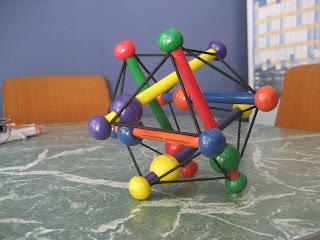The Beatles, Eclecticism & the BBC

The Beatles. Strictly before my time, but with recordings you can get some of the vibe. When you place them in the context of what other bands were doing at the same time, it's like looking at the 5-foot tall kid in the Year 2 class photo. No need to re-hash any slobbering praise for what they did. YouTube loves that sort of thing, some yokel playing the spoons is apparently an incredible genius, but not for Joe Bloggs who rolls up barracking for some other spoon player, and a couple of comments later fuck you and your grandmother. (Mailing lists and forums usually degenerate into pissing contests too.) They did great music, but this isn't about that. What more than anything makes them sound so different to their contemporaries (at least amongst well known bands - chances are somebody was churning out great stuff in a shed somewhere we never heard about) was the vast eclectic range of what they were doing. It's become a sort of truism that they were eclectic. Just a few yea...

